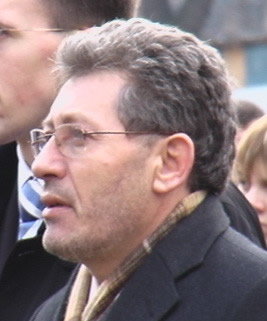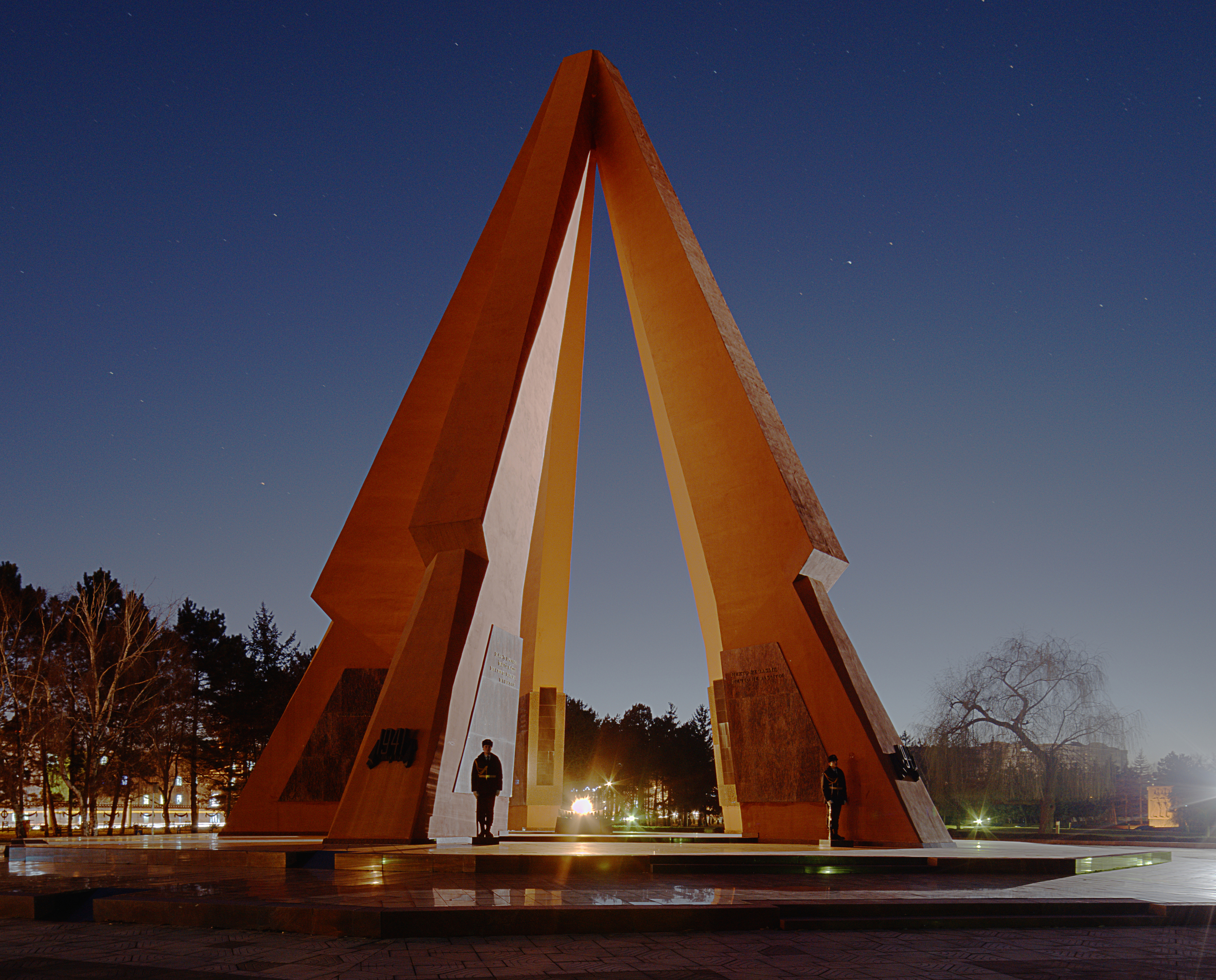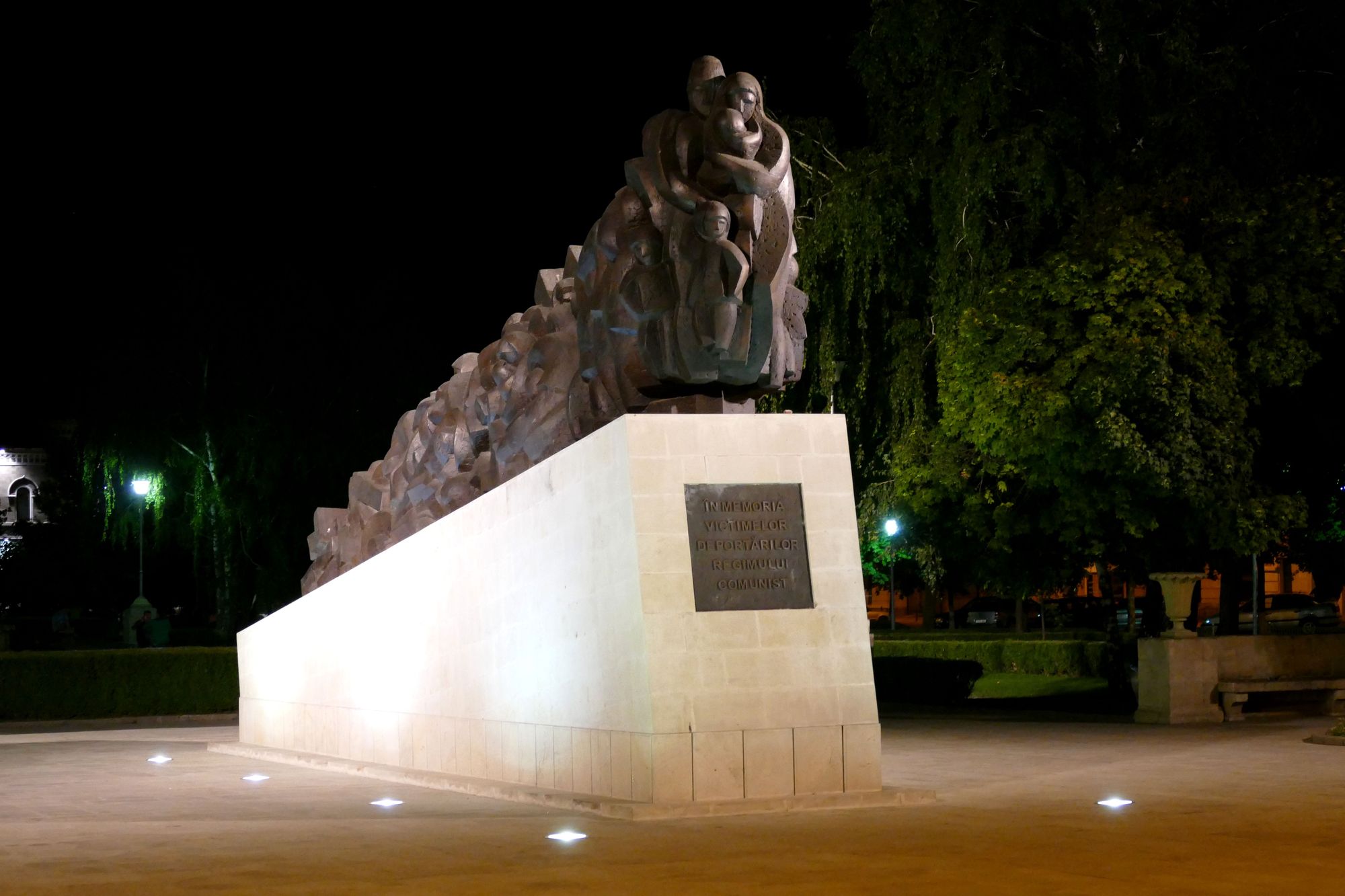|
Colonița
Colonița is a village in Chișinău municipality, Moldova. Notable people * * *Mihai Ghimpu
Mihai Ghimpu (born 19 November 1951) is a Moldovan politician who served as Speaker of the Moldovan Parliament, President of ...
[...More Info...] [...Related Items...] OR: [Wikipedia] [Google] [Baidu] |
Mihai Ghimpu
Mihai Ghimpu (born 19 November 1951) is a Moldovan politician who served as Speaker of the Moldovan Parliament, President of the Moldovan Parliament and President of Moldova#Republic of Moldova (1991–present), Acting President of Moldova from 2009 to 2010. He was member of Parliament of the Republic of Moldova, Parliament of Moldova from 1990 to 1998 and from 2009 to 2019. Ghimpu held the position of leader of Liberal Party (Moldova), Liberal Party (PL) from 1998 to 2018. Family Mihai Ghimpu was born on 19 November 1951 in the village of Colonița, Chișinău, Moldavian SSR. His mother, Irina Ursu (daughter of Haralambie Ursu) died in 2003; she worked at the local kolkhoz. His father, Toader Ghimpu (deceased in 1980), was an elementary school teacher only a few years because he completed only seven years of schooling during the Romanian rule, then he worked at the local kolkhoz too. Mihai Ghimpu is the youngest brother of Gheorghe Ghimpu, Simion Ghimpu, Visarion, and Valentina ( ... [...More Info...] [...Related Items...] OR: [Wikipedia] [Google] [Baidu] |
Gheorghe Ghimpu
Gheorghe Ghimpu (26 July 1937 – 13 November 2000) was a Moldovans, Moldovan politician and a political prisoner in the former Soviet Union and then in Moldova. Early life Ghimpu was born on 26 July 1937 in Colonița, a village in Bessarabia during the Greater Romania administration. His mother, Irina Ursu (daughter of Haralambie Ursu, died in 2003) worked at the local kolkhoz (collective farm). His father, Toader Ghimpu (died in 1980) was an elementary school teacher. Gheorghe Ghimpu is the oldest brother of Simion Ghimpu (born 24 May 1939), Visarion, Valentina (mother of Dorin Chirtoacă) and Mihai Ghimpu. Ghimpu completed his studies at Shevchenko Transnistria State University, T. G. Shevchenko University in Tiraspol. Then he obtained his PhD at the Institute of Biological Physics, Academy of Sciences of the Soviet Union in Moscow. Ghimpu was a teacher in Strășeni and a professor at T. G. Shevchenko University in Tiraspol and the Moldova State University in Chișinău ... [...More Info...] [...Related Items...] OR: [Wikipedia] [Google] [Baidu] |
Chișinău
Chișinău ( , , ; formerly known as Kishinev) is the Capital city, capital and List of cities and towns in Moldova, largest city of Moldova. The city is Moldova's main industrial and commercial centre, and is located in the middle of the country, on the river Bîc, a tributary of the Dniester. According to the results of the 2014 Moldovan census, 2014 census, the city proper had a population of 532,513, while the population of the Municipality of Chișinău (which includes the city itself and other nearby communities) was 700,000. Chișinău is the most economically prosperous locality in Moldova and its largest transportation hub. Nearly a third of Moldova's population lives in the metro area. Moldova has a Moldovan wine, history of winemaking dating back to at least 3,000 BCE. As the capital city, Chișinău hosts the yearly national wine festival every October. Though the city's buildings were badly damaged during the World War II, Second World War and earthquakes, a rich a ... [...More Info...] [...Related Items...] OR: [Wikipedia] [Google] [Baidu] |
Chișinău Municipality
Chișinău ( , , ; formerly known as Kishinev) is the capital and largest city of Moldova. The city is Moldova's main industrial and commercial centre, and is located in the middle of the country, on the river Bîc, a tributary of the Dniester. According to the results of the 2014 census, the city proper had a population of 532,513, while the population of the Municipality of Chișinău (which includes the city itself and other nearby communities) was 700,000. Chișinău is the most economically prosperous locality in Moldova and its largest transportation hub. Nearly a third of Moldova's population lives in the metro area. Moldova has a history of winemaking dating back to at least 3,000 BCE. As the capital city, Chișinău hosts the yearly national wine festival every October. Though the city's buildings were badly damaged during the Second World War and earthquakes, a rich architectural heritage remains. In addition, it has numerous buildings designed in the postwar Socia ... [...More Info...] [...Related Items...] OR: [Wikipedia] [Google] [Baidu] |
Dorin Chirtoacă
Dorin Chirtoacă (born 9 August 1978) is a Moldovan politician who served as Mayor of Chișinău from 2007 to 2018. He has been leader of Liberal Party (Moldova), Liberal Party (PL) since 2018. Biography His mother is Valentina, sister of Gheorghe Ghimpu and Mihai Ghimpu. During high school, he studied in Iași and graduated in 2001 from University of Bucharest Faculty of Law. Between 2001 and 2003, Chirtoacă worked for ''Surprize, Surprize'' ("Surprises, Surprises"), a show broadcast on TVR1. Then he worked for the Helsinki Committee for Human Rights in Moldova (2003–2005) as Program Coordinator. Political career Dorin Chirtoacă has been the vice-president of the Liberal Party (Moldova), Liberal Party of Moldova (PL) since May 2005. Due to low turnout, the 2005 Chișinău election was invalidated, but he became the Mayor of Chişinău in 2007. He defeated his Party of Communists of the Republic of Moldova, Communist Party (PCRM) opponent Veaceslav Iordan in the 2007 Mol ... [...More Info...] [...Related Items...] OR: [Wikipedia] [Google] [Baidu] |
National Alternative Movement
The National Alternative Movement (, MAN) is a political party in Moldova. It was created at the end of December 2021. The party is led by Chișinău Mayor Ion Ceban. The party is in opposition to the current government of the Republic of Moldova. Party history Speculation about disagreements between Ion Ceban and the Party of Socialists of the Republic of Moldova began in 2021. Finally, in December 2021, Ceban announced the creation of the National Alternative Movement. On 21 December 2022, the founding congress of the party was held. Ceban officially announced the registration of the party on 17 January 2023. Ideology Ceban argues that the doctrine of the MAN party "is social democratic according to the European type", and the formation proposes to make European integration a national idea. In his statement, made during Youth forum, Ceban condemned the Russo-Ukrainian War The Russo-Ukrainian War began in February 2014 and is ongoing. Following Ukraine's Revolut ... [...More Info...] [...Related Items...] OR: [Wikipedia] [Google] [Baidu] |
Simion Ghimpu
Simion Ghimpu (24 May 1939 – 27 July 2010) was a writer from Moldova. Biography Simion Ghimpu was born to Irina and Toader Ghimpu on May 24, 1939; he had four siblings: Gheorghe, Visarion, Valentina, and Mihai. Simion Ghimpu graduated from the Moldova State University in 1964 and got a PhD from the Russian Academy of Theatre Arts from Moscow in 1969. Simion Ghimpu worked for the Art Institute of Chişinău (1969–2000). Simion Ghimpu is a member of the Moldovan Writers' Union and a lyricist. Simion Ghimpu created lyrics for over 100 songs, together with composers Eugen Doga, Ion Aldea Teodorovici, M. Dolgan, I. Enache, O. Milștein, Al. Sochireanschi, N. Carajia, A. Bivol, M. Oțel, C. Rusnac, A. Chiriac, E. Mamot, D. Radu, A. Luxemburg, D. Mateevici, S. Lăsoi, O. Ababii. Among them were the Moldovan hits: „Numai tu”, „Ce rost are?”, „Amor, amor”, „Lacrimă”, „Casa noastră”. Songs with his lyrics are performed by the bands Noroc and Orizont, by s ... [...More Info...] [...Related Items...] OR: [Wikipedia] [Google] [Baidu] |
National Bureau Of Statistics Of The Republic Of Moldova
The National Bureau of Statistics of the Republic of Moldova (NBS; , abbr. BNS) is the central administrative authority which, as the central statistical body, manages and coordinates the activity in the field of statistics from the country. In its activity, NBS acts according to the Constitution of the Republic of Moldova, the Law on official statistics, other legislative acts, Parliament decisions, decrees of the President of the Republic of Moldova, ordinances, decisions and Government orders, international treaties of which the Republic of Moldova is part of. The NBS elaborates independently or in collaboration with other central administrative bodies and approves the methodologies of statistical and calculation surveys of statistical indicators, in accordance with international standards, especially those of the European Union, and with the advanced practice of other countries, as well as taking into account the peculiarities of the socio-economic conditions of the Republic ... [...More Info...] [...Related Items...] OR: [Wikipedia] [Google] [Baidu] |
Eastern European Time
Eastern European Time (EET) is one of the names of UTC+02:00 time zone, 2 hours ahead of Coordinated Universal Time. The zone uses daylight saving time, so that it uses UTC+03:00 during the summer. A number of African countries use UTC+02:00 all year long, where it is called Central Africa Time (CAT), although Egypt and Libya also use the term ''Eastern European Time''. The most populous city in the Eastern European Time zone is Cairo, with the most populous EET city in Europe being Kyiv. Usage The following countries, parts of countries, and territories use Eastern European Time all year round: * Kaliningrad Oblast (Russia), since 26 October 2014; also used EET in the years 1945 and 1991–2011. See also Kaliningrad Time. * Libya, since 27 October 2013; switched from Central European Time, which was used in 2012. Used year-round EET from 1980 to 1981, 1990–1996 and 1998–2012. The following countries, parts of countries, and territories use Eastern European ... [...More Info...] [...Related Items...] OR: [Wikipedia] [Google] [Baidu] |
Eastern European Summer Time
Eastern European Summer Time (EEST) is one of the names of the UTC+03:00 time zone, which is 3 hours ahead of Coordinated Universal Time. It is used as a summer daylight saving time in some European and Middle Eastern countries, which makes it the same as Arabia Standard Time, East Africa Time, and Moscow Time. During the winter periods, Eastern European Time ( UTC+02:00) is used. Since 1996, European Summer Time has been applied from the last Sunday in March to the last Sunday in October. Previously, the rules were not uniform across the European Union. Usage The following countries and territories use Eastern European Summer Time during the summer: * Belarus, Moscow Summer Time in years 1981–89, regular EEST from 1991-2011 * Bulgaria, regular EEST since 1979 * Cyprus, regular EEST since 1979 ( Northern Cyprus stopped using EEST in September 2016, but returned to EEST in March 2018) * Egypt, in the years 1988–2010, 2014–2015 and since 2023 (see also Egypt Sta ... [...More Info...] [...Related Items...] OR: [Wikipedia] [Google] [Baidu] |
Moldova
Moldova, officially the Republic of Moldova, is a Landlocked country, landlocked country in Eastern Europe, with an area of and population of 2.42 million. Moldova is bordered by Romania to the west and Ukraine to the north, east, and south. The List of states with limited recognition, unrecognised breakaway state of Transnistria lies across the Dniester river on the country's eastern border with Ukraine. Moldova is a Unitary state, unitary Parliamentary system, parliamentary Representative democracy, representative democratic republic with its capital in Chișinău, the country's largest city and main cultural and commercial centre. Most of Moldovan territory was a part of the Principality of Moldavia from the 14th century until 1812, when it was Treaty of Bucharest (1812), ceded to the Russian Empire by the Ottoman Empire (to which Moldavia was a Vassal and tributary states of the Ottoman Empire, vassal state) and became known as Bessarabia. In 1856, southern Bessarabia was ... [...More Info...] [...Related Items...] OR: [Wikipedia] [Google] [Baidu] |


